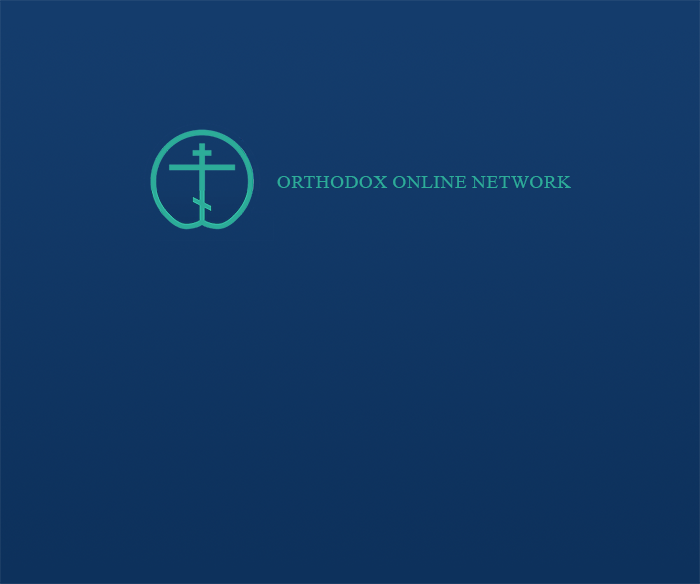Heresies have appeared in Christianity since the time of the apostles themselves. The Book of Acts tells us about the first heresy in Christianity in its eighth chapter, when Saint Luke tells us that when Simon the Samaritan magician converted to Christianity and was baptized, he wanted to buy the gift of the Holy Spirit with money, so the Apostle Peter rebuked him and expelled him:
8:5 Then Philip went down to a city in Samaria and preached Christ to them. 6 And the crowds listened with one accord to what Philip was saying, as they heard and saw the miracles that he had performed. 7 For unclean spirits came out from many who were possessed, crying with a loud voice, and many of the paralytics and the lame were healed. 8 And there was great joy in that city. 9 Now there was once in the city a man named Simon, who used magic and astonished the people of Samaria, saying, “This is a great thing!” 10 And everyone followed him, from small to great, saying, “This is the great power of God.” 11 And they followed him because they had been amazed for a long time by his magic. 12 But when they believed Philip when he preached good tidings concerning the kingdom of God and in the name of Jesus Christ, they were baptized, both men and women. 13 And Simon himself also believed. And when he was baptized, he continued with Philip, and when he saw great miracles and miracles being performed, he was astonished. 14 And when the apostles in Jerusalem heard that Samaria had received the word of God, they sent to them Peter and John, 15 who, when they came down, prayed for them, that They received the Holy Spirit 16 because it had not yet come upon any of them, except that they were baptized in the name of the Lord Jesus. 17 Then laying hands on them, they received the Holy Spirit. 18 And when Simon saw that through the laying on of the apostles’ hands the Holy Spirit was being given, he offered them money. 19 Saying, “This authority has been given to me also, so that whomever I lay hands on may receive the Holy Spirit.” 20 Then Peter said to him, “Let your money be with you until it perishes, because you thought you could get the gift of God for money. 21 You have neither part nor lot in this matter, because your heart is not right before God. 22 So repent of this wickedness and pray to God, perhaps the thoughts of your heart will be forgiven you, 23 for I see you in the gall of bitterness and in the bond of injustice.” 24 Simon answered, “Pray also to the Lord on my behalf, so that none of the things you have mentioned may come against me.”
It was mentioned in some apocryphal books that Simon traveled to Rome and gained great status.
Saint Justinus, who went to Samaria, says that Simon’s followers were numerous and that they considered him the supreme god and associated with him the nuclei of Ennoia, the thought that emerged from him, and he was embodied in a woman named Helena. In defense against this heresy, Saint Irenaeus stated that Simon said that there is a higher male god, Sublimissima Virtus, and with the thought of Ennoia emanating from this highest god is a female parallel to him, and that these nuclei created the angels who created the world, and that these angels imprisoned nuclei in the body of a woman and inflicted on her various kinds of insults, and that these nuclei She is Helena, the adulteress wife of Menelaus in Tyre. Among what Simon said according to the narration of Saint Irenaeus is that the Supreme God revealed himself in the capacity of the Son in Jesus among the Jews and in the capacity of the Father among the Samaritans in the person of Simon and in other countries in the capacity of the Holy Spirit.
From what the historian Eusebius reported on the authority of Hegesippus, that Menandros the Magnificent, Dosithephus, and Cleopaius all claimed divinity in the first century and taught like what Simon the Magician taught. Some believe that Menandros was taught by Simon and taught in Samaria and Antioch.
The Church prohibits what is known as “simony,” named after Simon the Magician, which is the purchase of the priesthood (giving a fee to a bishop to ordain a priest).

